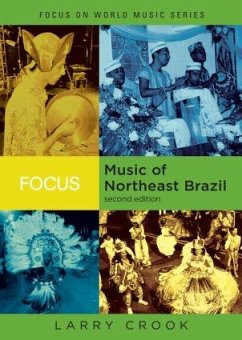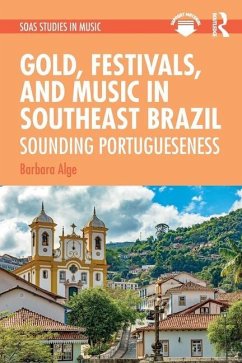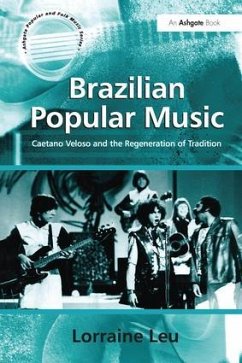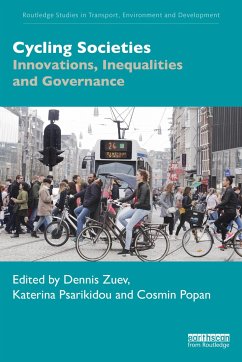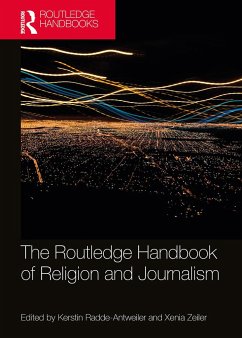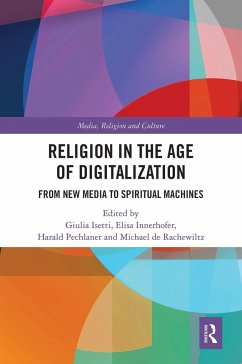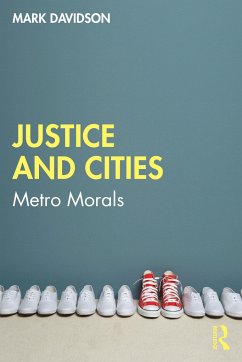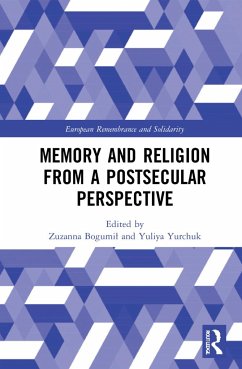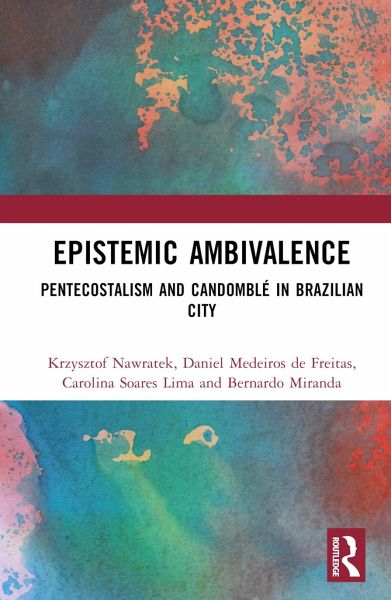
Epistemic Ambivalence
Pentecostalism and Candomblé in a Brazilian City
Versandkostenfrei!
Versandfertig in 6-10 Tagen
154,99 €
inkl. MwSt.
Weitere Ausgaben:

PAYBACK Punkte
77 °P sammeln!
This book delves into the complex relationship between religious imaginaries and the perception of space among followers of Candomblé and Pentecostal churches in Belo Horizonte, Brazil's third-largest urban agglomeration.It adopts a dual perspective, examining the broader political, economic, and social dimensions of these religious communities' urbanisation and spatial distribution and their members' individual beliefs and behaviours. Through this approach, the book aims to provide a nuanced and insider's view of these religious positions, challenging our preconceived notions of urban spaces...
This book delves into the complex relationship between religious imaginaries and the perception of space among followers of Candomblé and Pentecostal churches in Belo Horizonte, Brazil's third-largest urban agglomeration.
It adopts a dual perspective, examining the broader political, economic, and social dimensions of these religious communities' urbanisation and spatial distribution and their members' individual beliefs and behaviours. Through this approach, the book aims to provide a nuanced and insider's view of these religious positions, challenging our preconceived notions of urban spaces and contributing to the larger discussion of decolonial urban theory and spatialised post-secular thought.
This transdisciplinary book will appeal to a broad range of researchers, particularly those interested in urban and religious studies. Its strong spatial perspective makes it attractive to architects and urban designers. It will be of interest to those in human geography, urban planning, design, architecture, political science, religious studies, and culture studies.
The Open Access version of this book, available at http://www.taylorfrancis.com, has been made available under a Creative Commons Attribution-Non Commercial (CC-BY-NC) 4.0 license.
It adopts a dual perspective, examining the broader political, economic, and social dimensions of these religious communities' urbanisation and spatial distribution and their members' individual beliefs and behaviours. Through this approach, the book aims to provide a nuanced and insider's view of these religious positions, challenging our preconceived notions of urban spaces and contributing to the larger discussion of decolonial urban theory and spatialised post-secular thought.
This transdisciplinary book will appeal to a broad range of researchers, particularly those interested in urban and religious studies. Its strong spatial perspective makes it attractive to architects and urban designers. It will be of interest to those in human geography, urban planning, design, architecture, political science, religious studies, and culture studies.
The Open Access version of this book, available at http://www.taylorfrancis.com, has been made available under a Creative Commons Attribution-Non Commercial (CC-BY-NC) 4.0 license.




